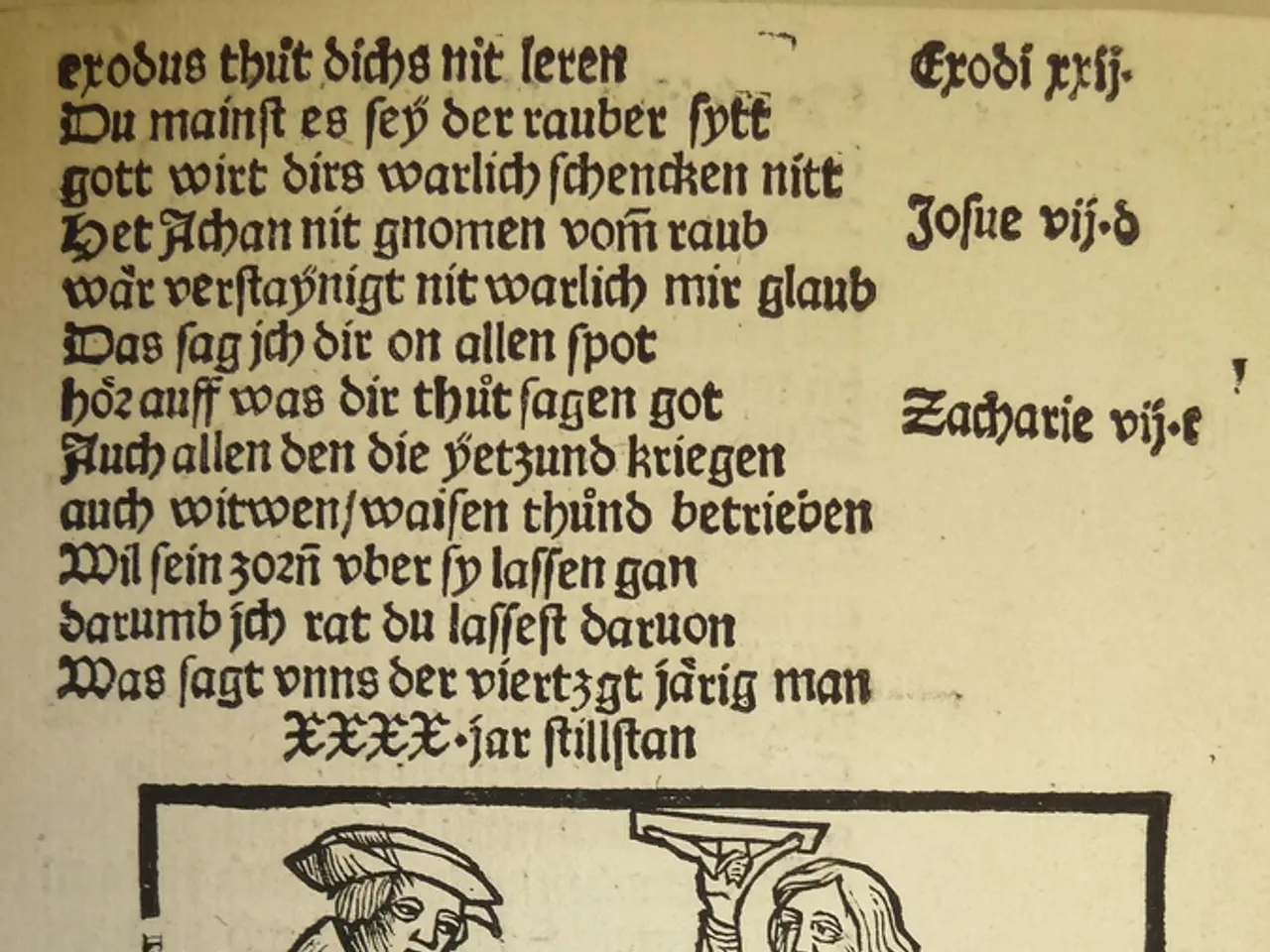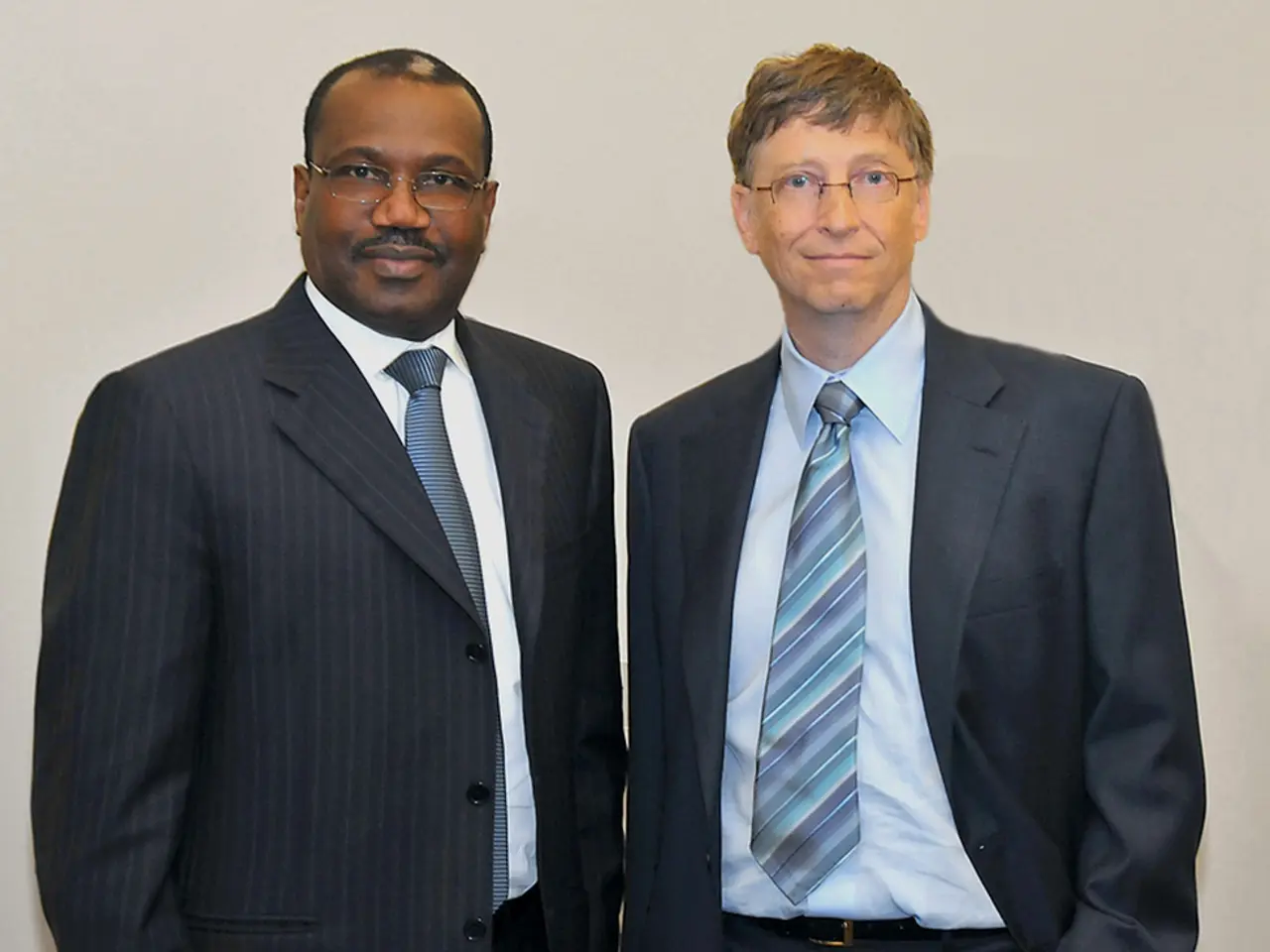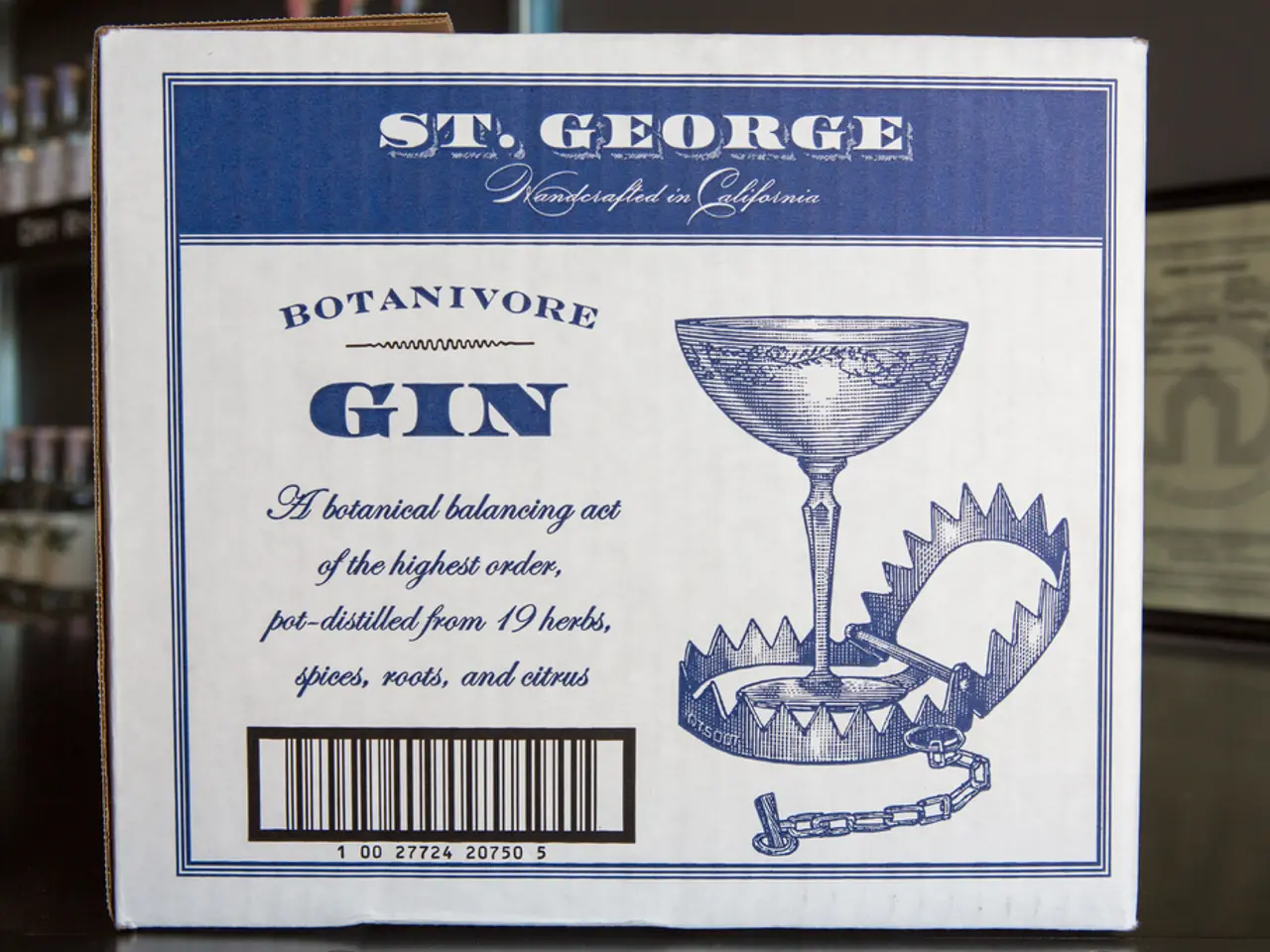Enhance Academic Writing Accessibility by Seeking Insights from High School Pupils.
The Demystifying Language Project (DLP) is an innovative research and social justice initiative, aiming to make complex academic scholarship on language and power accessible to public high school students. This groundbreaking project brings together linguistic anthropologists and interdisciplinary scholars with high school students and undergraduates, to translate complex research into more understandable forms for educational settings.
At the heart of the DLP is the belief that "standard language" is not inherently better but reflects the language of powerful institutions. By highlighting how standardized curricula marginalize speakers of other languages or English varieties, the project seeks to challenge the notion that so-called "proper" language is superior.
The DLP is co-directed by Athalia Fader (founding director) along with Lynnette Arnold, Justin A. Coles, Britta Ingebretson, Mike Mena, Johanna S. Quinn, and Bambi B. Schieffelin. The project engages students and teachers in discussions about language politics and power dynamics, fostering deeper understanding and social justice awareness through accessible scholarship.
In 2023, the DLP held a three-day writing workshop. 24 students from New York City public schools, Fordham University, and the University of Massachusetts, Amherst participated, working in teams consisting of an author/professor, an undergraduate, and a high schooler. The aim was to transform academic research articles into short pieces that high school students would want to read.
The workshop activities were structured to foster interactions where everyone brings their own expertise to the shared project. On the first day, teams created 90-second "elevator pitches" that included four elements: the main idea from the original article, research methods, an ethnographic story, and a "so what" message. The students also had the opportunity to work on TikTok videos about the article they were transposing or their experience in the DLP.
One of the highlights of the workshop was the pitch by Athalia McCormack and Danna Rojas, two students, who presented their 90-second pitch about linguistic anthropology to an audience of 40 people. Another notable collaboration was between Sitara Vaidy, an undergraduate, and the author Barbra Meek, where they worked on the essay, "What Makes the Indian Sound Indian," which critiques harmful stereotypes of First Nations characters in Disney movies. After working on the article, Sitara shared that she was shocked she hadn't picked up on the racialized linguistic stereotypes in the animated film before.
The DLP seeks to break down academic hierarchies and change who has access to knowledge, inspired by the Central American social justice concept of "accompaniment." The project resources, launched in May 2024, are now available as an open-access educational resource for all to use.
If you're interested in learning more about the Demystifying Language Project, you can visit articles profiling the project, such as a recent detailed coverage from SAPIENS magazine. You can also look for social media mentions or posts related to the project, or search for the project directors’ academic profiles or institutional pages for updates, publications, and resources related to the DLP.
[1] For more information, you can refer to the following resources: - SAPIENS Magazine article on the Demystifying Language Project - Instagram archives highlighting events and presentations connected to the DLP - Project directors’ academic profiles or institutional pages
- The Demystifying Language Project, with its focus on making complex academic scholarship on language and power accessible, aligns well with the realms of education-and-self-development and lifestyle, as it encourages critical thinking and social justice awareness in an engaging manner.
- In the realm of science, the Demystifying Language Project showcases the application of linguistic anthropology in advocating for social justice by challenging the notion of a superior standard language and demystifying language politics and power dynamics.




